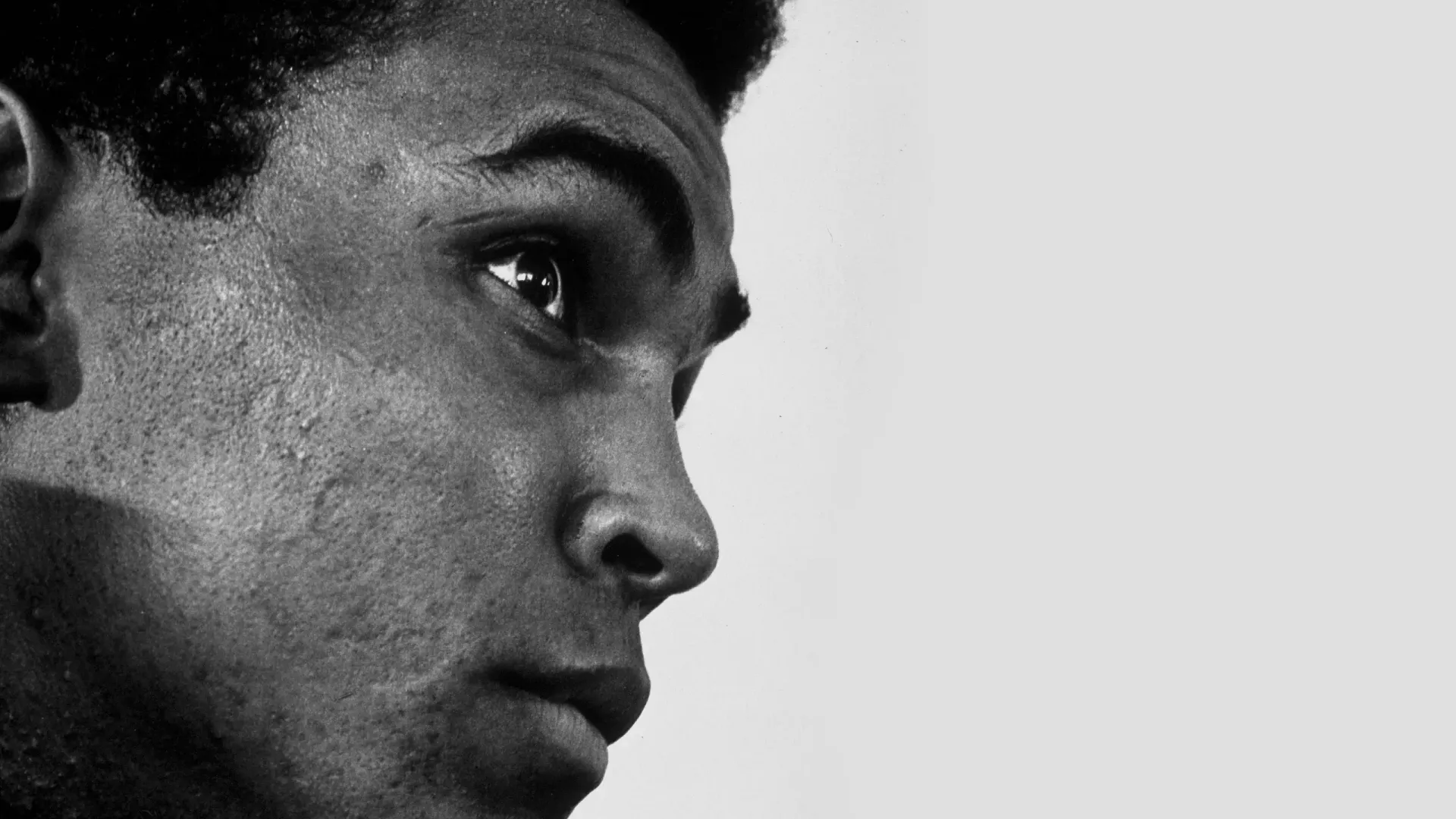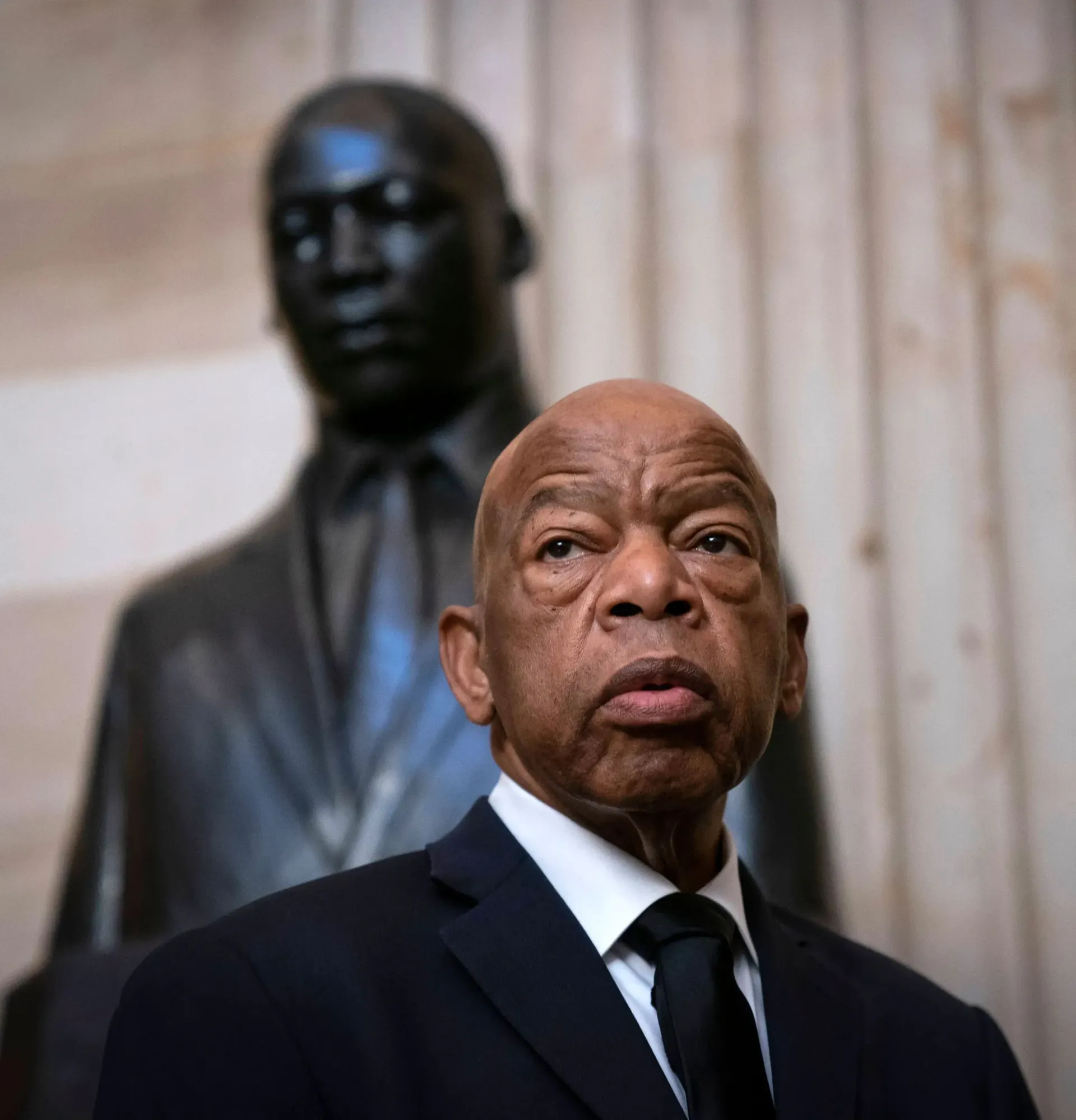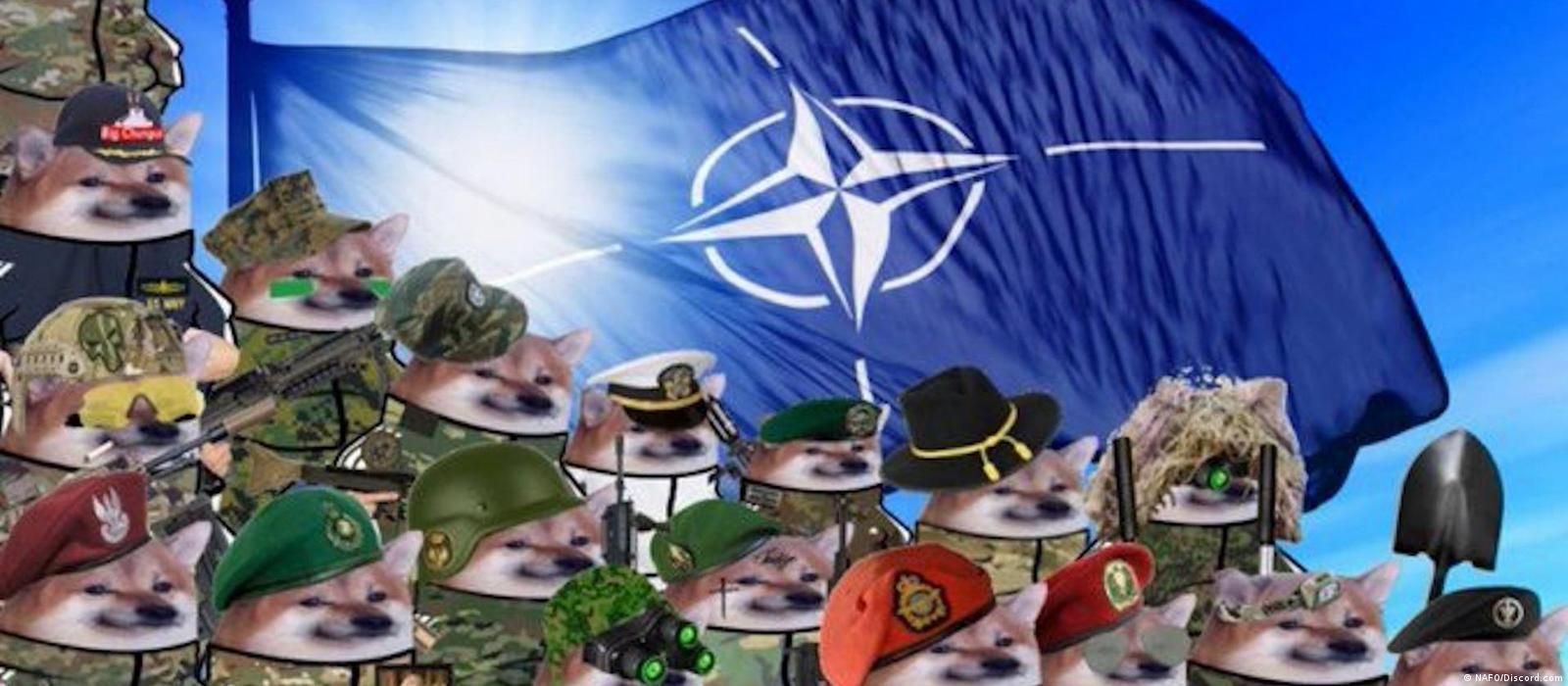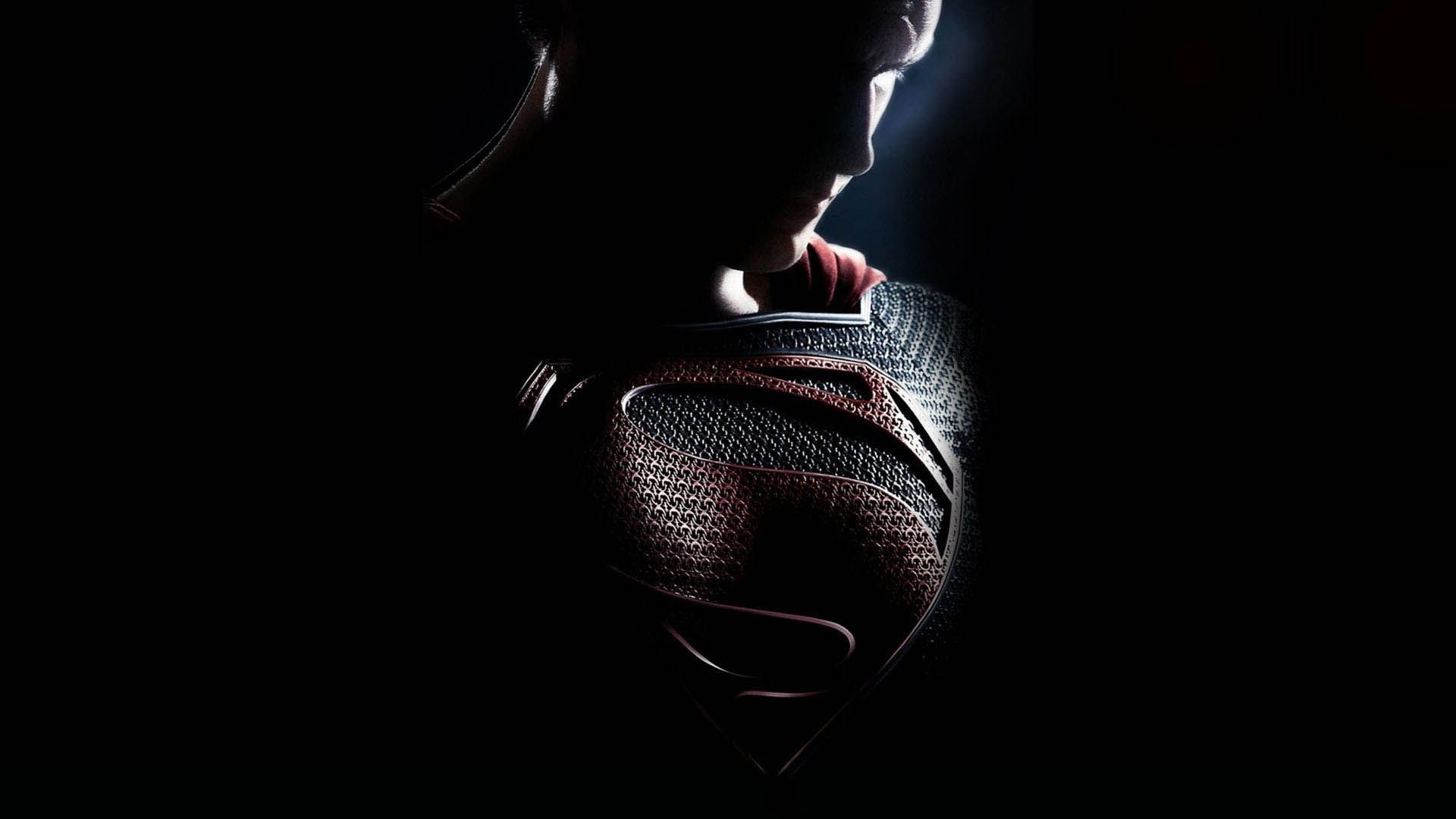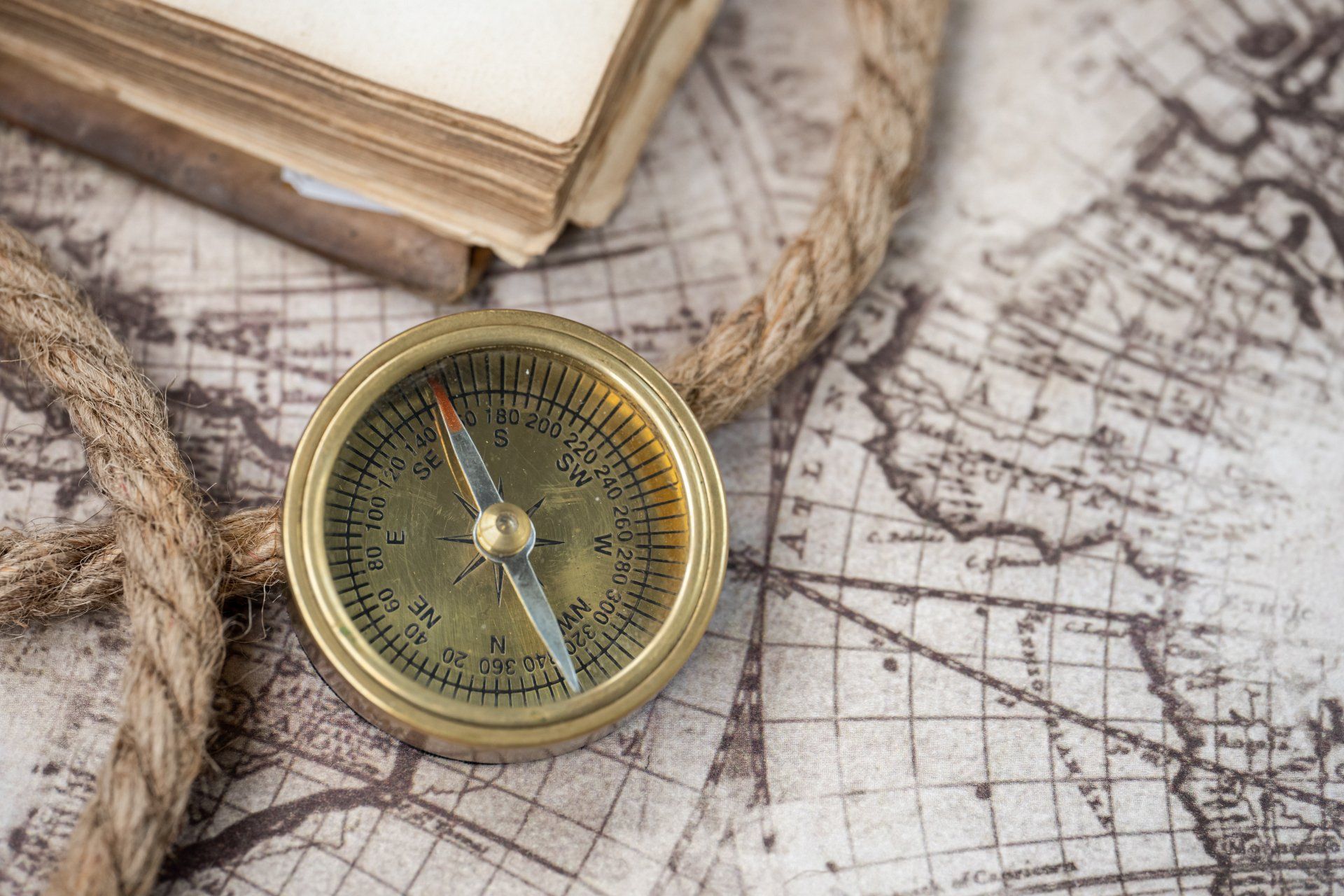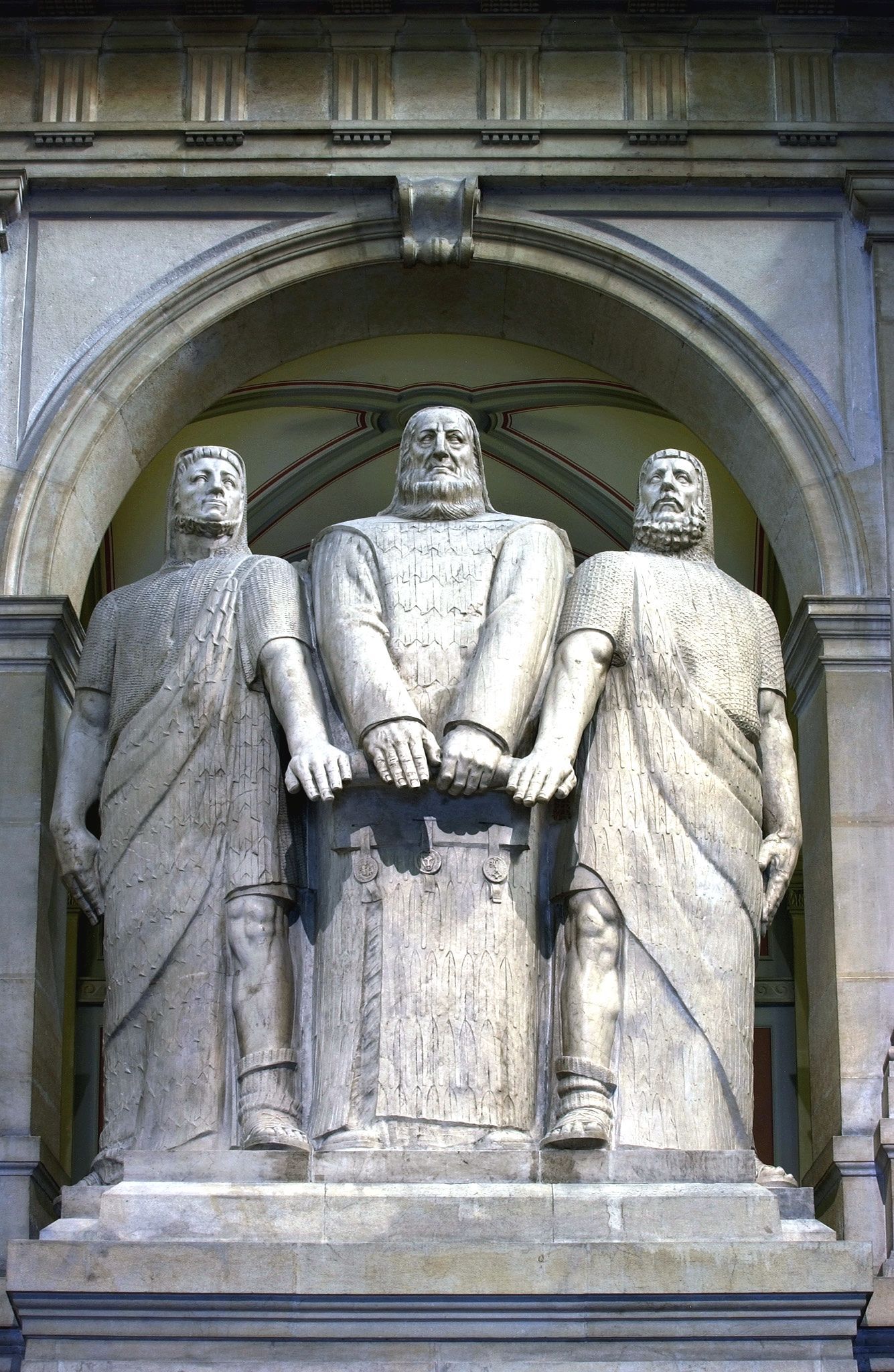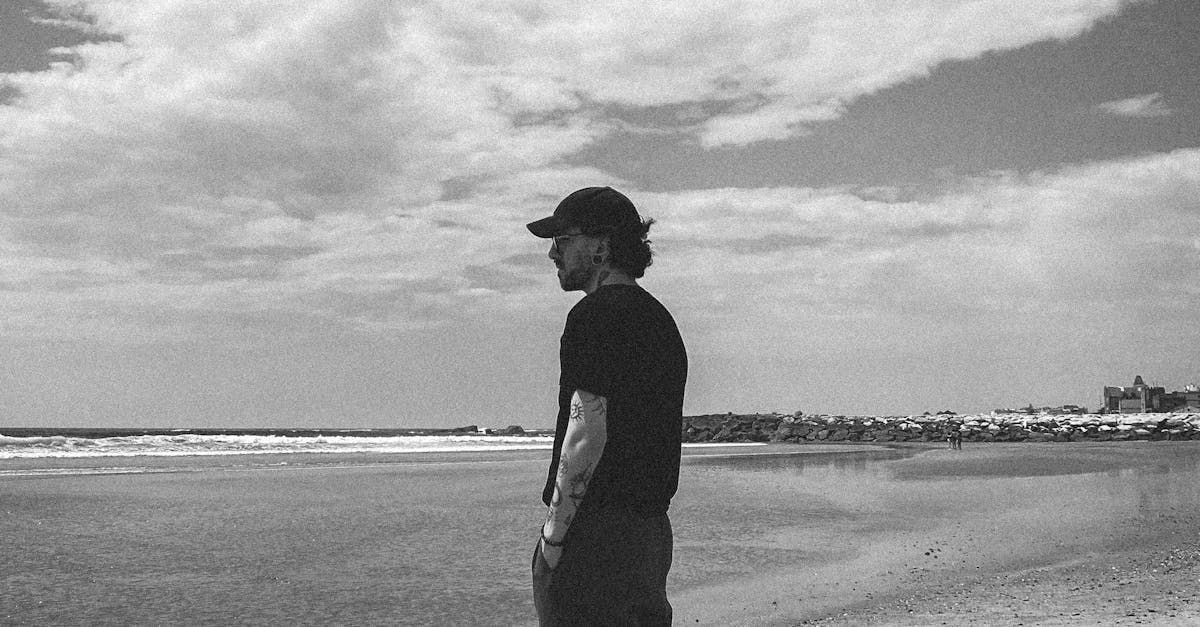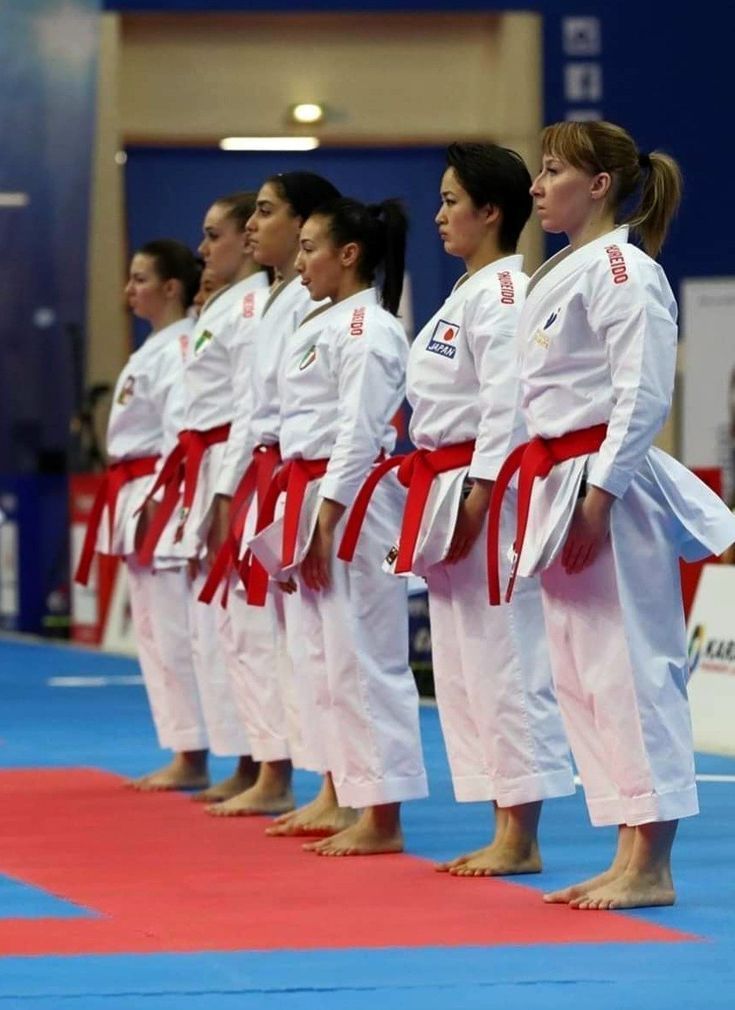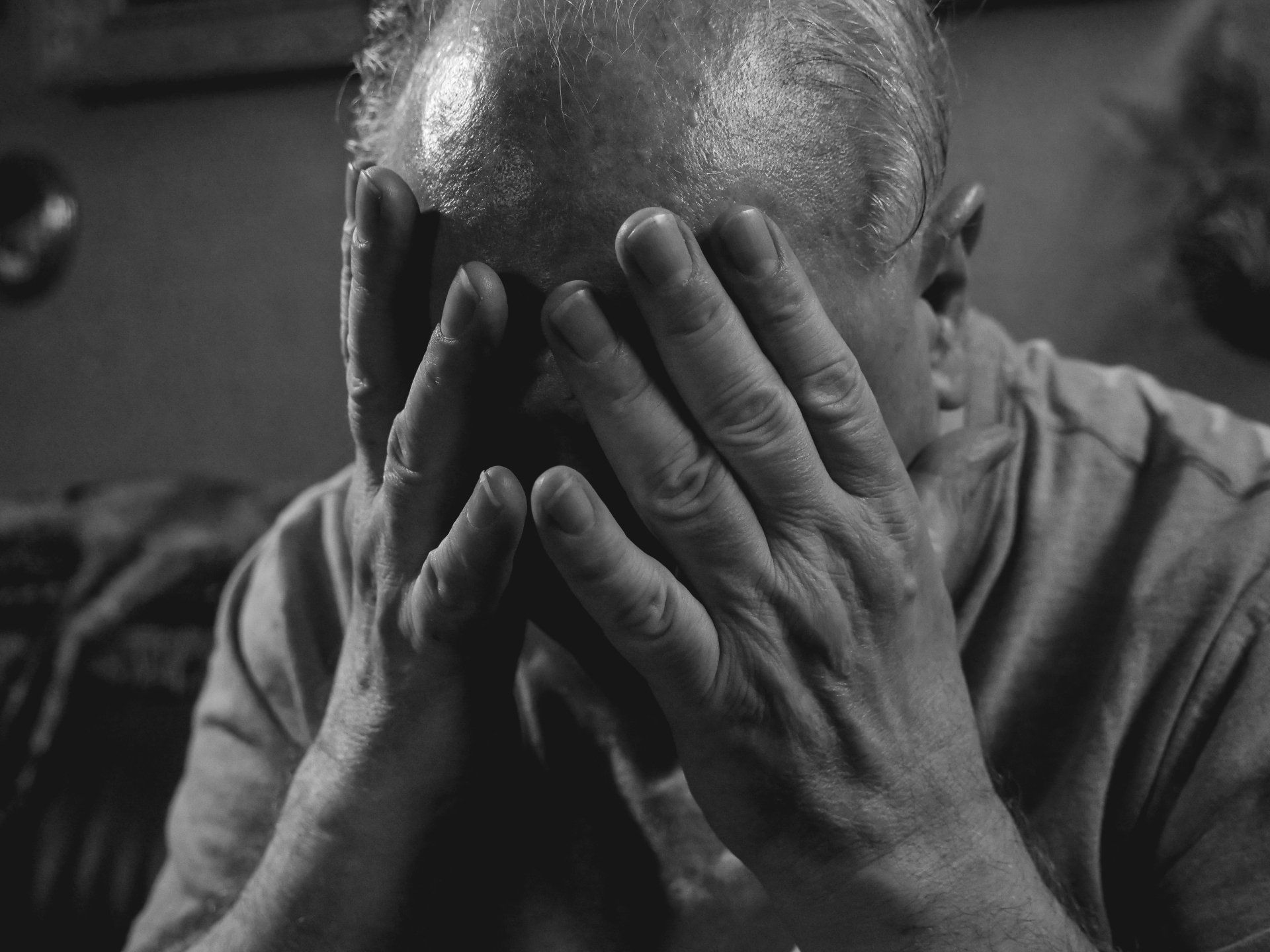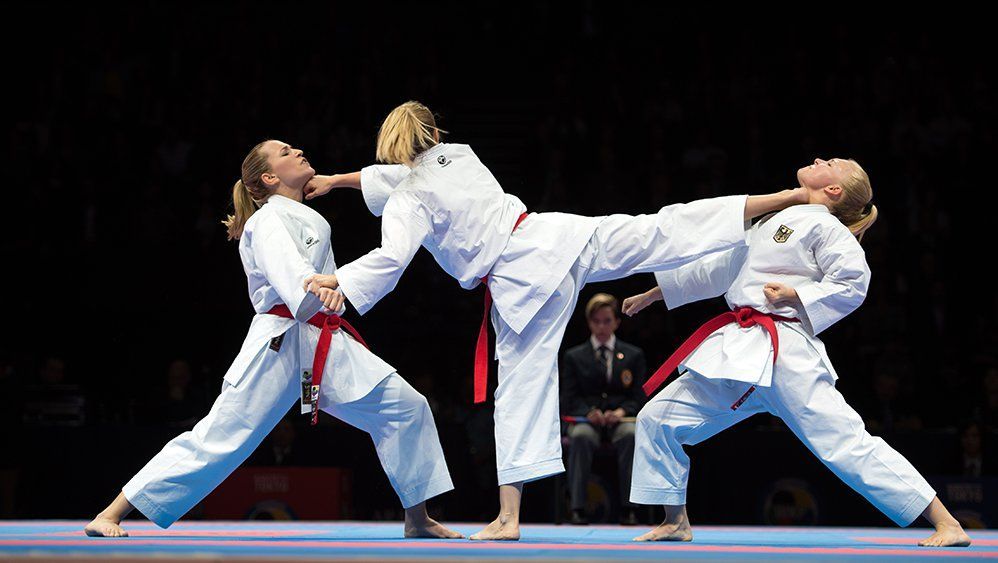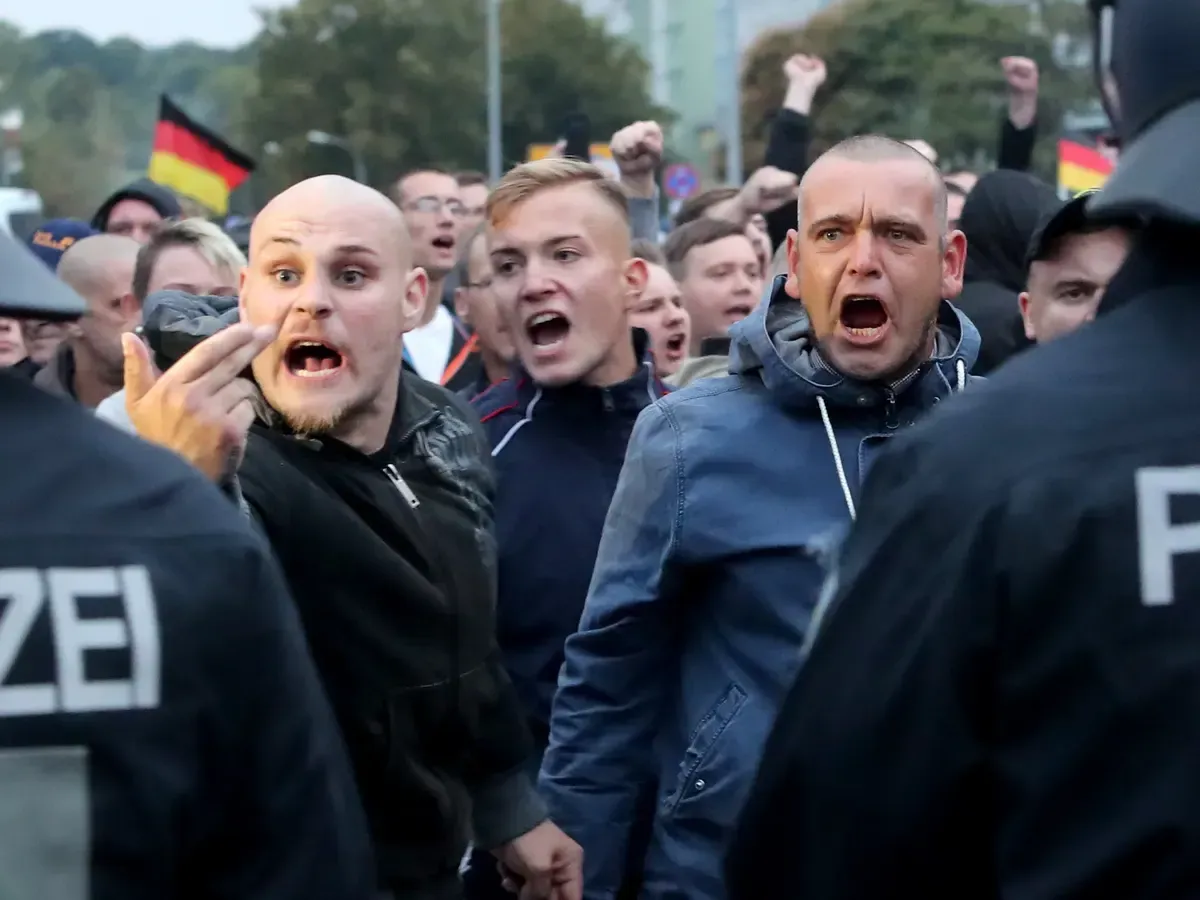The Fierce Urgency of Now
The Fierce Urgency of Now: A Call for Shared Humanity in a Perilous Age
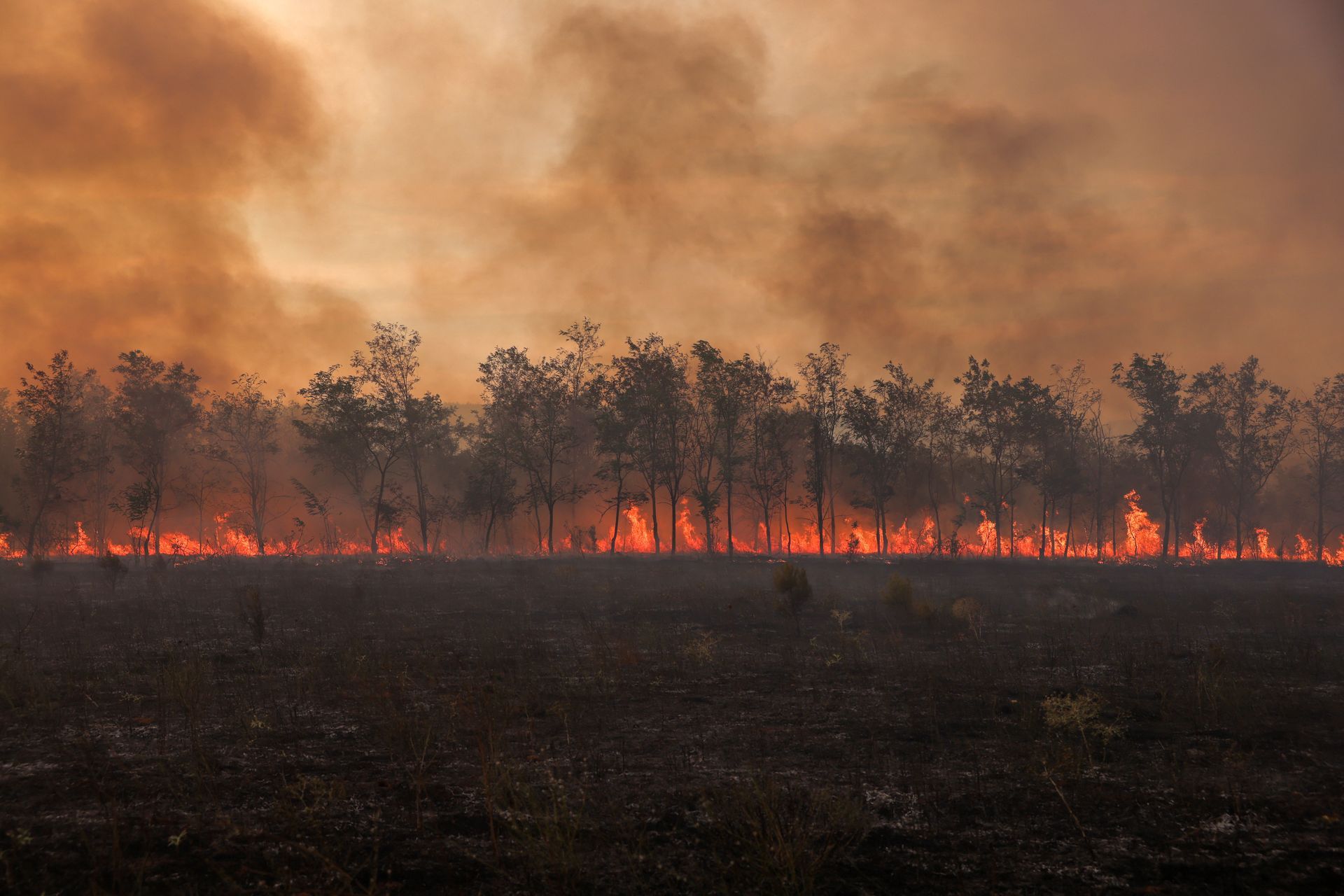
The sands of time are sifting rapidly through the hourglass of human civilization. A confluence of existential threats – climate change, social and economic disparity, the rise of extremism, and the erosion of trust in institutions – presents a stark challenge to our collective future. We stand at a precipice, a moment of fierce urgency that demands immediate and unified action.
Climate change, the harbinger of this precarious state, looms large. Unprecedented weather events, rising sea levels, and ecological disruption threaten the very fabric of our existence. The window for mitigating the worst effects is closing rapidly, demanding a global commitment to clean energy, sustainable practices, and international cooperation. This challenge transcends political boundaries; it necessitates a paradigm shift in how we view our relationship with the planet.
However, the fight against climate change is intricately linked to the glaring issue of income inequality. The chasm between the wealthy and the poor has widened dramatically, fostering social unrest and a sense of disenfranchisement among vast swathes of the population. This fuels the rise of extremist ideologies, both on the left and right, that prey on anxieties and exploit economic hardship to sow discord and division. The erosion of the middle class, the backbone of many democracies, creates fertile ground for these dangerous ideologies to flourish.
Compounding this issue is the weakening of institutions and the rule of law. Public trust in government, media, and other institutions critical to a functioning democracy has been steadily declining. The rise of misinformation and "fake news" erodes truth and fosters cynicism. When the institutions that underpin social order are perceived as corrupt or ineffective, the potential for chaos and authoritarianism rises.
Furthermore, the very notion of shamelessness seems to be on the rise. Public figures engage in blatant misconduct with minimal consequences, eroding societal norms and ethical conduct. The disappearance of honor and integrity from public discourse fuels a sense of moral decay and cynicism. When ethical leadership is absent, the fabric of trust that binds a society begins to unravel.
In the face of these interconnected threats, a clarion call echoes across the globe: the urgent need for a universal code of conduct that unites humanity. This code wouldn't be a rigid and utopian document, but rather a framework of shared values that transcends national borders and cultural differences. It would be a declaration of our collective responsibility for the planet, for each other, and for the future generations who will inherit a world shaped by our actions today.
This code would prioritize environmental sustainability. It would acknowledge the inherent right of all living things to a healthy planet and outline a global commitment to mitigating climate change. It would advocate for a shift towards renewable energy sources and sustainable practices, fostering international cooperation in research and development.
The code would also address the issue of economic justice. It would promote equitable distribution of resources and opportunities, ensuring a decent standard of living for all. It would advocate for fair wages, universal healthcare, and access to education – essential foundations for a thriving society. Such a code wouldn't necessitate global uniformity; it would allow for diverse economic models, but with a core commitment to lifting people out of poverty and creating a more level playing field.
The code would stand firm against extremism and violence in all its forms. It would promote tolerance, respect for diversity, and peaceful resolution of conflict. It would advocate for freedom of speech and assembly, while simultaneously condemning hate speech and incitement to violence. This code wouldn't stifle dissent, but rather create a framework for healthy debate and the exchange of ideas.
To uphold this code, we must revitalize and strengthen our institutions. It would call for robust systems of checks and balances to prevent the concentration of power and ensure accountability of leadership. The code would promote free and fair elections, an independent judiciary, and a free press – cornerstones of any healthy democracy. Additionally, it would advocate for ethical leadership, where integrity and transparency are paramount.
Finally, the code would champion the values of shame and honor. It would promote a culture of personal responsibility and accountability, where ethical conduct is not just expected, but celebrated. It would advocate for truth-telling, transparency, and a renewed sense of moral responsibility in public discourse.
The creation and implementation of such a code would be a monumental undertaking. It would require global dialogue, compromise, and a willingness to re-evaluate long-held assumptions. However, the alternative – inaction – is simply not an option. The time for incremental change and piecemeal solutions has passed. We stand at a crossroads, facing challenges that demand a unified global response.
The road ahead will be fraught with difficulties. Powerful vested interests might resist change, and cultural differences will need to be navigated with sensitivity. However, the urgency of the situation demands that we rise above these obstacles. We are not destined to be mere passengers on a sinking ship; we have the collective power to steer the course towards a brighter future.
The benefits of embracing a universal code extend far beyond mitigating immediate threats. It would foster a sense of shared humanity, a recognition that we are all passengers on a single planet, bound by a common destiny. This code wouldn't erase cultural differences, but rather create a foundation of shared values upon which a more peaceful and prosperous world can be built. It would promote cooperation over competition, fostering a global community where nations work together to address shared challenges.
The stakes are undeniably high. The very survival of freedom and democracy hangs in the balance. Authoritarian regimes thrive on division and distrust; a unified global voice committed to these core principles would be a powerful bulwark against their rise. Furthermore, the survival of our civilization itself rests on our ability to address these issues with urgency and a sense of shared purpose.
The path forward necessitates a multi-pronged approach. Education plays a crucial role. Educational systems across the globe should be revised to inculcate the values enshrined in this code, fostering a generation of citizens who understand the interconnectedness of global challenges and the importance of collective action.
Technological advancements can also play a vital role. Communication technologies can facilitate dialogue and build bridges between cultures. Additionally, advancements in clean energy and sustainable practices offer practical solutions to the climate crisis.
However, technology is a double-edged sword. We must harness its potential for good while mitigating its potential for harm. Media literacy education is crucial to combat misinformation and promote critical thinking skills. Additionally, international cooperation is necessary to establish ethical guidelines for the development and use of artificial intelligence and other emerging technologies.
Ultimately, the success of this endeavor hinges on individual action. Each person, regardless of background or position, has a role to play. We can embody the values enshrined in the code in our daily lives, making conscious choices that promote sustainability, social justice, and peaceful coexistence. We can hold our leaders accountable, demanding transparency and ethical conduct. We can engage in civil discourse, fostering understanding and promoting solutions.
The challenges we face are daunting, but the human spirit is remarkably resilient. Throughout history, humanity has overcome seemingly insurmountable obstacles through collective action and a shared vision of a better future. This moment demands the same spirit of unity and purpose. We are not powerless bystanders in the face of these challenges; we are the architects of our collective future. By embracing a universal code of conduct, prioritizing cooperation over competition, and harnessing the power of education and technology, we can navigate through these perilous times and build a world where freedom, democracy, and the very survival of our civilization are not threatened, but flourish.
The fierce urgency of now compels us to act. The time for procrastination and apathy has passed.
Let us rise to the challenge, embrace our shared humanity, and together, create a future worthy of generations to come.
